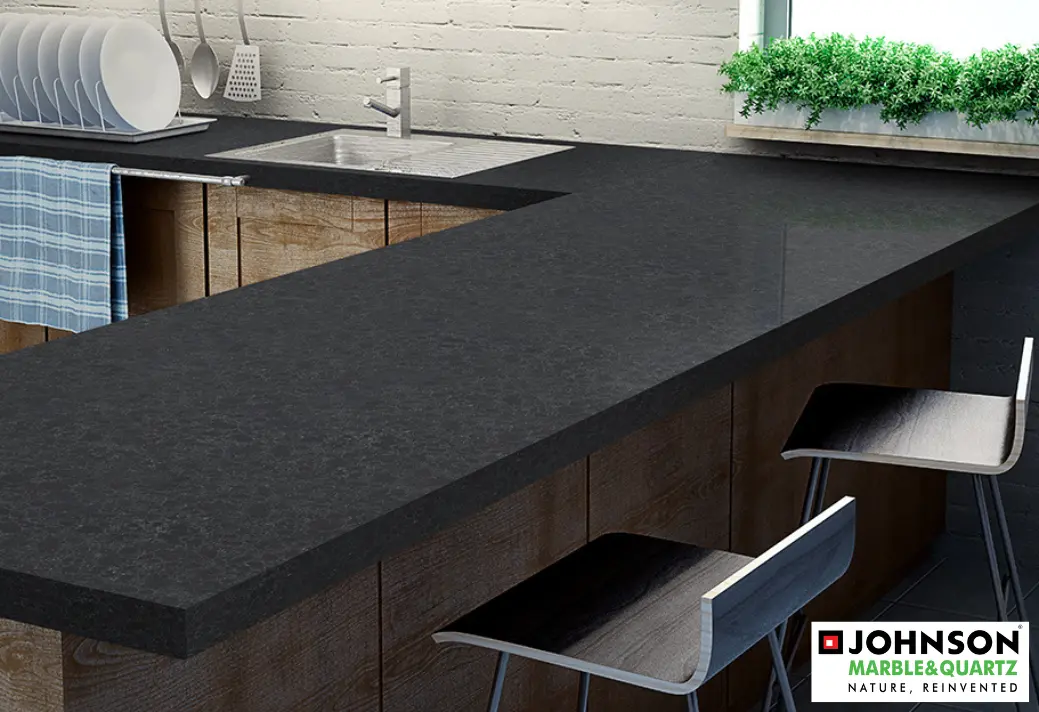If you plan to remodel your kitchen countertop, you could install a slab made of composite quartz stone. This makes your countertop durable and gives your kitchen a chic and modern appearance. However, when homeowners install quartz stone countertops, whether they will be stain-free often arises. Here is all you need to know about stain-free quartz slabs for kitchen countertops.
Composite quartz is manufactured, making it stain resistant
The main issues you face while working in the kitchen are accidental spills and stains that the juices released by vegetables can cause. You do not want a countertop that retains the colour of the vegetable peels, juices, or even ketchup that you have accidentally spilt on the countertop.
If you have a countertop made of natural stone, there are chances that there will be a mark or stain left behind, no matter how swiftly you wipe the surface. But when you use composite quartz stone for the kitchen, you will find that the countertop remains as good as new despite the accidental spills.
Unlike countertops made of natural stone, composite quartz countertops are artificial or manmade. Here the quartz is ground into fine particles before being mixed with resin. This makes the final product more resistant to damage and stains. Hence, when you install a composite quartz stone for the kitchen countertop, you do not have to worry about any ugly marks or stains.
Composite quartz is non-porous, which makes it ideal for stain-free countertops and backsplashes.
A composite quartz slab is ideal for kitchen countertops and backsplashes because you want these to be long-lasting and stain resistant. It would be best if you changed the countertops and backsplashes. Here's what you need to consider:
The manufactured quartz countertops and slabs are resistant to damage and stains. You will find that the resin added to increase the material's strength helps remove any porosity of the original material. Subsequently, it helps in making the composite quartz slabs resistant and your kitchen stain accessible.
Composite quartz is resistant to damage caused by fungi and mould.
When you put slabs in your kitchen, you intend to keep your kitchen free of any germs. However, you will sometimes find stains left by fungus and mould that grow in places you find hard to reach. Likewise, when you install a countertop or an interior wall cladding in your kitchen, you intend to keep the place clean. However, homeowners often mention that claddings or countertops made of natural stones are often hard to clean, especially if these are installed in hard-to-reach areas of the room. You can be assured that with composite quartz, you will not face any such issues because of the following reasons:
Thus, you can be assured that a quartz slab can keep your kitchen both stain and germ-free.
When renovating your kitchen, you should select slabs and countertops that are resistant to stains and easy to maintain. In the kitchen, it is difficult to predict the types of spills that can occur and how resistant slabs and countertops need to be. Thus, you should select composite quartz, known as stain-free and easy to maintain.


